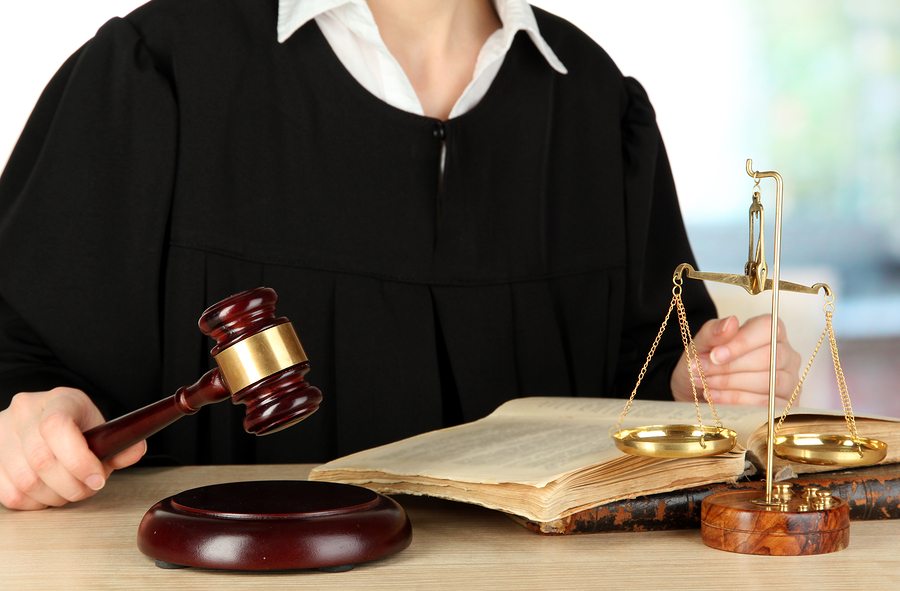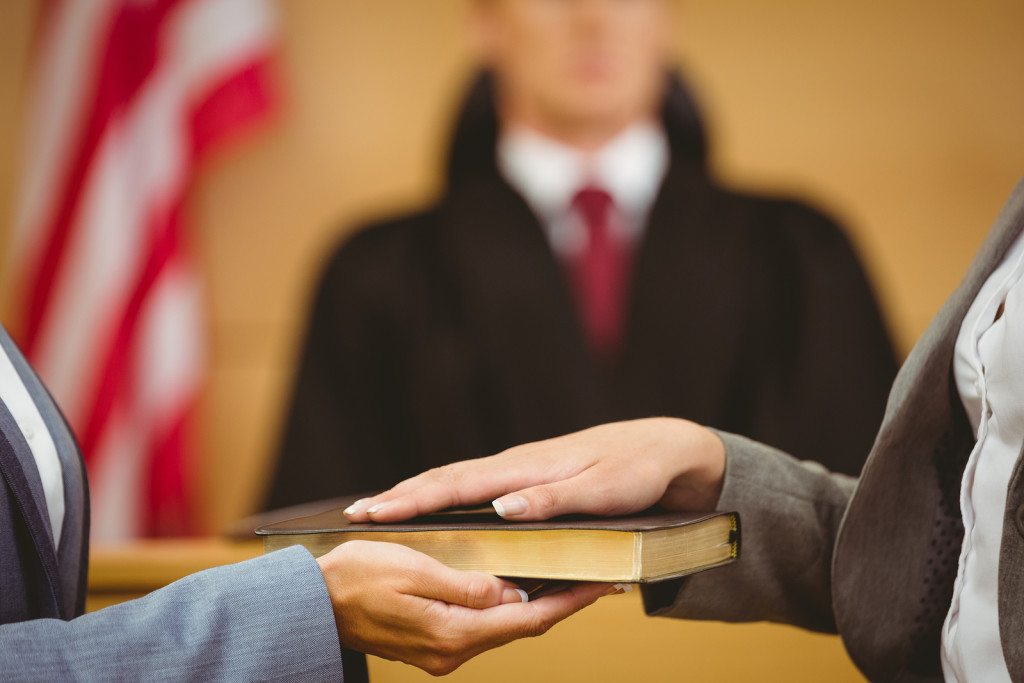Utah is introducing an innovative new plea diversion program for defendants who have been convicted of federal offenses. Participants who successfully complete the program, which is called the Utah Alternatives to Conviction Track (U-ACT), can choose between having their case dismissed or being placed on probation instead of serving prison time. Judge Robert J. Shelby, a district judge in the United States District Court for the District of Utah, has announced that the program will begin accepting participants on a limited basis this year.
When is a Crime Tried in Federal Court?

Certain types of criminal cases are only tried in certain types of courts. For example, Utah’s justice courts have jurisdiction over Class C and Class B misdemeanors. Utah’s district courts have jurisdiction over Class A misdemeanors, which are more serious, and felonies, such as rape and kidnapping.
When a person is charged with a federal offense, he or she is tried in a federal court. In Utah, this is the United States District Court for the District of Utah, otherwise known as the District Court of Utah.
Crimes are often handled at the state level. For instance, a person charged with murder in Utah would typically be prosecuted under Utah Code § 76-5-203, as opposed to the federal murder statute (18 U.S. Code § 1111).
While there are many situations in which an alleged crime can be prosecuted in a state or federal court, there are also situations where federal courts have exclusive jurisdiction. Some common examples of crimes that are tried in federal courts include:
- Drug crimes, in cases where the drugs allegedly crossed state lines (such as interstate drug trafficking).
- Certain types of white collar crimes (financial crimes), such as mail fraud or money laundering.
- Crimes that were committed on federal property, such as bank robbery.
U-ACT Participants Can Have Their Cases Dismissed or Avoid Prison with Probation

The District Court of Utah has announced a unique new program designed to reduce recidivism among federal offenders by focusing on rehabilitation rather than punishment. If a participant completes the program successfully, he or she can avoid prison or have their case dismissed in return. The goal of the program is to make it easier for participants to successfully reintegrate into society, while simultaneously reducing crime and relieving court congestion.
The program, known as U-ACT for short, represents a joint effort borne of collaboration between the District Court of Utah, the U.S. Attorney’s Office, the U.S. Probation Office, and the Federal Public Defender’s Office. According to U.S. Attorney John Huber, whose office named the program, “This is all new territory for the United States attorney and the federal district court to get into.”
Participation in U-ACT is voluntary, but, at least for now, space is extremely limited – and extremely competitive. As of September 2016, only eight to twelve spots are open. U-ACT applicants must meet strict eligibility criteria. No more than a dozen participants will be selected by a committee, called the “U-ACT program team,” after applications have been reviewed.
Certain people are ineligible for participation in U-ACT, even if they fit other criteria. According to the District Court of Utah’s official overview of the program, defendants who have been convicted of certain sex crimes, such as child pornography offenses, are “generally excluded” from U-ACT. Defendants who have had significant involvement in “large scale fraud or narcotics distribution” operations, or in “specific acts of violence,” are also generally excluded.
Eligible candidates will be sorted into two groups, which are simply named Group 1 and Group 2. Group 1 is meant for defendants who have “minimal criminal histories,” and whose criminal acts – “though serious enough to warrant a felony charge” – appear to be one-time events. Group 2, which will accept candidates who have more extensive criminal histories, is focused on defendants whose actions seem to be “primarily motivated by substance abuse or similar issues.”
Charged with a Crime in Utah? Contact an Experienced Salt Lake City Defense Lawyer
If you or one of your family members has been charged with a felony or misdemeanor in Utah, you need an experienced criminal defense attorney who can protect your rights and fight the charges aggressively. Having skilled legal representation on your side increases the likelihood that your case will be dismissed, that you will be acquitted (found not guilty), or that you will receive lighter penalties or be charged with a less serious offense. It is not in your best interests to represent yourself in court when you are facing an experienced prosecutor.
Salt Lake City criminal defense lawyer Darwin Overson has more than 16 years of experience representing adult and juvenile defendants in thousands of misdemeanor and felony cases. He handles criminal cases throughout the state of Utah, and is available to make visits to holding centers and county jails. To set up a free, completely confidential legal consultation with Darwin, call the law offices of Overson Law at (801) 758-2287 as soon as possible.






